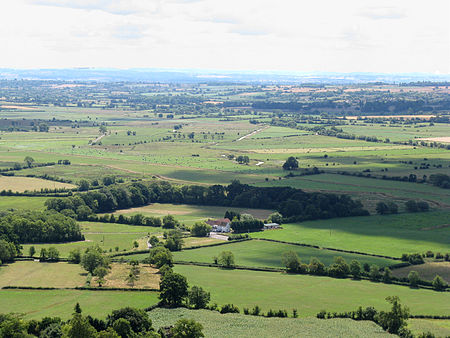The deadline for submitting bids to the new Surplus Food Fund has been extended to 27th March. For more information on the scheme see our article from February https://abcbooks.co.uk/new-surplus-food-fund/ .
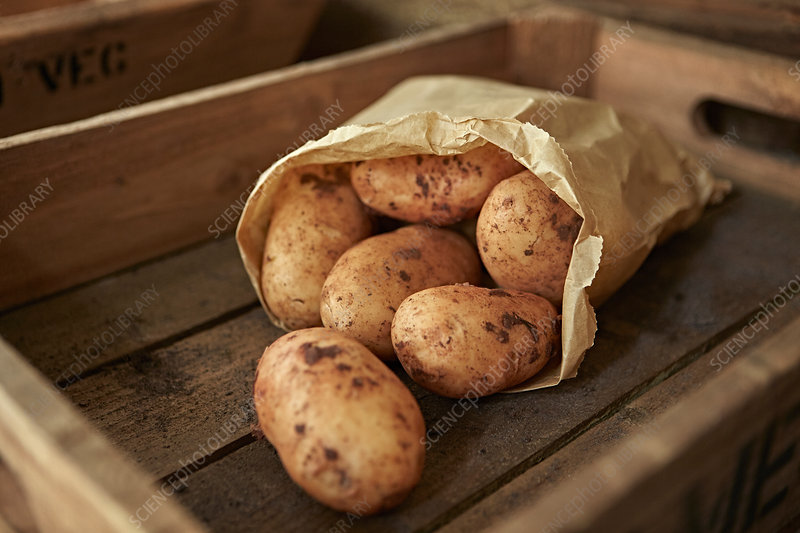
The deadline for submitting bids to the new Surplus Food Fund has been extended to 27th March. For more information on the scheme see our article from February https://abcbooks.co.uk/new-surplus-food-fund/ .

The SFI Expanded Offer (SFI 2024) was suddenly closed on the evening of the 11th March. Defra has said all existing SFI agreement holders will continue to be paid under the terms of their agreement for its duration. This means those who submitted their application earlier this year will be paid until 2028. For many others who will be at different stages in the application process the situation is;
Defra has said now is the time for a ‘reset’ and there will be a revised offering with details being announced in summer 2025, ‘building on lessons learned and stakeholder feedback’. A budget for the scheme will be confirmed in the Spending Review this summer, it has also said the revised offering will direct funding where there is ‘greatest potential to do more on nature and where there is the least ability to access decent returns from agricultural markets, or other sources of investment, as set out in the Land Use Framework’.
It appears that Defra has been surprised by the popularity of the scheme and the budget is all allocated. However, this is odd in the light of Defra Secretary announcing other spending commitments less than a month before. Also, the 2025/26 financial year only starts in April. The budget for this year has already been allocated to Defra – the Comprehensive Spending Review sets funds for the next three years. Given that the BPS is being cut deeply for 2025, it seems odd that funds are exhausted already. We await further details in the summer, but appears it maybe 2026 before the scheme is reopened and it will certainly be different to what we have have seen. The sudden closure will be a massive blow to many who will have spent time and money preparing schemes to now not be able to submit them when they have been told applications can be made ‘all year round’. This will only further erode English farmers’ trust in the Government.
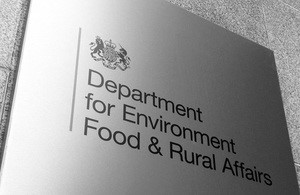
Capital grants will be available again in England after the schemes were closed in the autumn due to budget over-runs. This was included in a set of announcements made by Defra Secretary of State Steve Reed in a speech at the NFU Annual Conference on the 25th February. They are aimed at boosting the profitability of the farming sector.
The announcements are;
Further details are awaited, particularly on opening dates for the capital grants. Farmers will be pleased to hear of the re-opening, although it will be interesting to see what/if items have been removed from the ‘lists’. We will endeavour to keep readers updated.

Since the inauguration of President Trump on 20th January, there have been a major shift in US trade policy back towards protectionism. Whilst this has not directly affected UK agriculture yet, it has caused significant upheaval, particularly in the likes of Canada and Mexico. These countries narrowly avoided a trade war and the imposition of 25% tariffs on all exports to the US. The imposition of tariffs have been suspended for a month, although US officials have suggested that the tariff threat was intended as leverage in ongoing trade talks, rather than a permanent policy shift. There is also a universal 25% tariff on steel imports and a 10% tariff on aluminium. These announcements have created significant volatility in commodity prices and exchange rates which, in turn, have contributed to greater market uncertainty, including for agricultural commodities.
There are some indications that the EU is next on the Trump administration’s hit-list as it views several aspects of EU trade policy, including sanitary and phytosanitary (SPS) regulations as being unfair to the US. It remains to be seen how this will play out as the Trump administration is also using the threat of tariffs to gain concessions elsewhere (e.g. border control and security) as it has done with Canada and Mexico. Of course, with the UK being outside of the EU, it would not be directly affected by such moves. That said, a bilateral trade spat between the UK and the US cannot be ruled out although the British Government is doing its best to stay on the right side of Trump on most issues.
Therefore, whilst the new US administration has brought greater uncertainty to commodities markets and threats of tariffs being imposed at short notice, the effects on British agriculture have thus far been relatively low. Longer term, the possibility of a US-UK free trade agreement cannot be completely ruled out, although any deal would have to offer significant advantages to the US. Such a deal would likely signify increased competition for products such as beef and pork although there could be some opportunities for British lamb and some dairy products.
The world has entered a period of significant upheaval, not just in terms of trade policy, but politically as well. Navigating through this will require a careful balancing act particularly as the UK would like to reset (closen) its relationship with the EU whilst also striving not to do anything to disrupt its relationship with an unpredictable US administration. The next four years are going to be eventful!
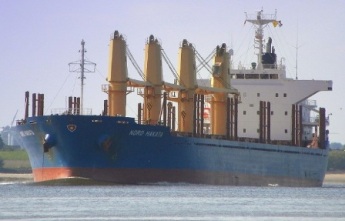
Defra has published its guidance on the RPA’s regulatory approach and the use of civil sanctions to enforce the Hedgerow Regulations. New rules to protect hedgerows and new enforcement rules were required follwing the end of cross-compliance. See our Bulletin of 20th November for more information https://abcbooks.co.uk/hedgerow-regulations/ . Under the new rules, the RPA will, in most cases, provide ‘advice and guidance’ in the first instance before taking enforcement action. However, in some cases, it may consider civil or criminal sanctions as an immediate response, where needed. The full guidance can be found at https://www.gov.uk/government/publications/management-of-hedgerows/regulatory-approach-and-use-of-civil-sanctions-for-the-management-of-hedgerows-england-regulations-2024 .
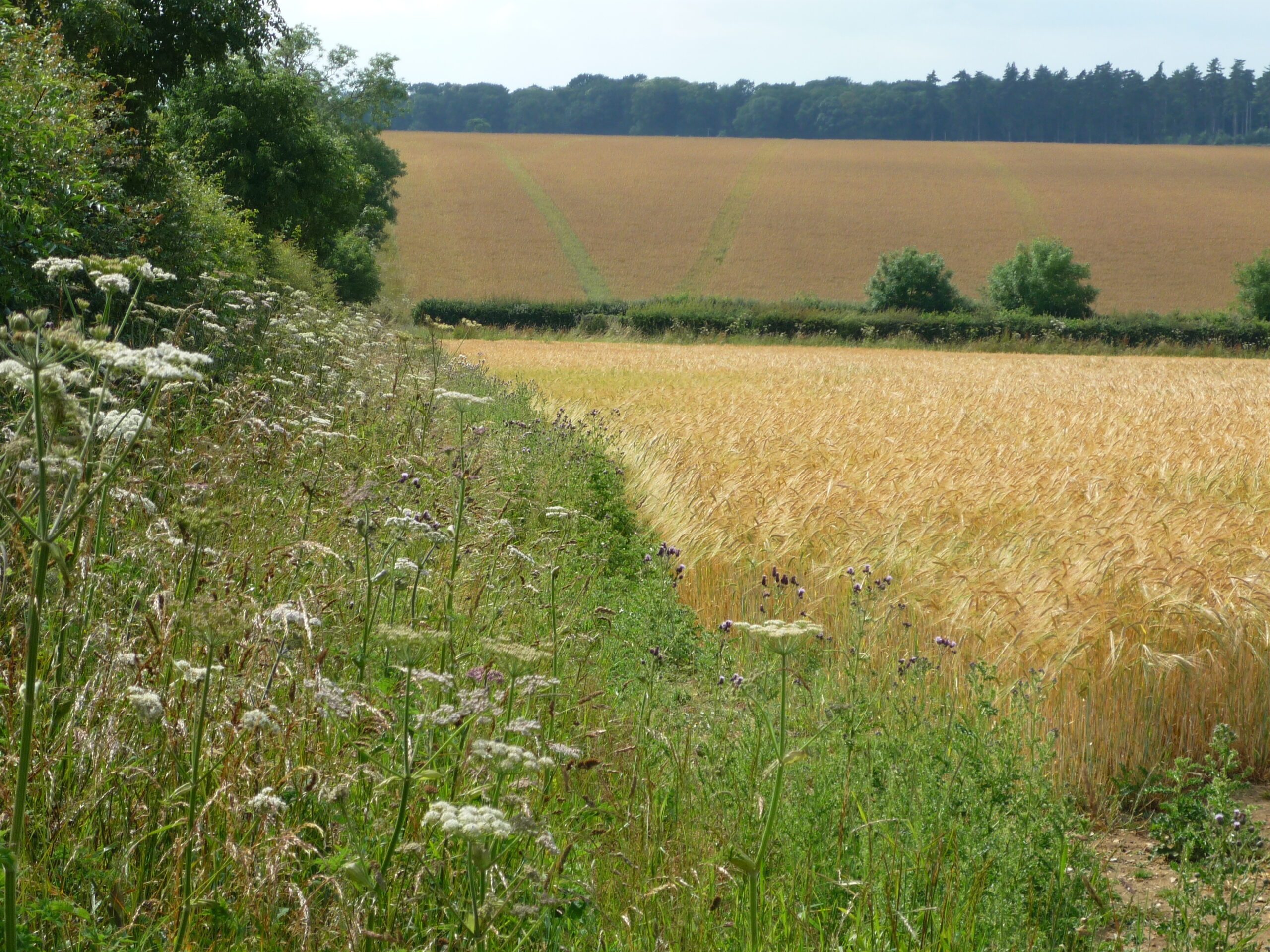
In England, 64% of the agricultural area is now covered by some form of agri-environment scheme. Data published by Defra in February showed the combined area of Environmental Stewardship, Countryside Stewardship and Sustainable Farming Incentive (SFI) agreements at 5.6 million hectares as of 31st December 2024. Around this headline figure Defra have provided a possible range for uptake from 4.3Mha to 6.0Mha. This depends on the degree of scheme overlap and whether or not ‘planning’ actions are included.
There is large uptake of SFI, with 3.5 million hectares of parcels managed under the 2023 scheme. A further 0.4 million hectares is managed under the Expanded Offer (SFI 2024) which opened in July 2024. Alongside the dataset on the area under agri-environment schemes is data showing the area of SFI actions as of 31st January 2025. Soil Management Planning (SAM1 and CSAM1) remains the most popular option in terms of area.
The figures also highlight an increase in the number of agreements. From October to January an additional 6,000 agreements were in place under SFI 2024. The total under SFI 2024 is now 6,900. This combines with 25,300 agreements under SFI 2023. It is now more challenging to draw assumptions as to the total number of farms which have entered into an SFI scheme. The changes to the scheme, introduced in July 2024, mean that farms are now likely to have multiple SFI agreements in place. Whilst it was initially proposed that farms would be able to expand agreements, this is now not possible. Additional agreements are required to expand the level of SFI on farm.
There has been a relatively low uptake of some of the upland actions introduced with the Expanded Offer. Actions such as native breeds and shepherding supplements, have, at most, 4,100 hectares placed in them. This is a potential demonstration of many upland businesses already being in extensive ES and CS schemes. This limits the ability to enter SFI. However, there are large increases in the area covered by the maintenance of dry stone wall and earth/ hedge bank payments.
The figures can be seen at https://www.gov.uk/government/collections/annual-countryside-stewardship-and-environmental-stewardship-summary-data#latest .

The Scottish Government is asking for views to help shape its Rural Delivery Plan. The Cabinet Secretary for Rural Affairs, Land Reform and Islands, Mairi Gougeon, has said ‘The Rural Delivery Plan will introduce, for the first time, a vision for rural Scotland with specific objectives and achievements we want to reach, how we intend to get there and how we will measure success along the way‘. The Plan will cover agriculture, together with a range of other areas, such as transport, housing, health and social care, marine, land reform, population, skills, digital connectivity and economic development. Established in June 2023, a Ministerial Working Group is overseesing the Plan’s development which is scheduled for publication by the end of the current Parliamentary term, expected in summer or autumn 2025. Currently the Government has a Survey open to gather views, this can be found via https://consult.gov.scot/agriculture-and-rural-economy/rural-delivery-plan-vision-objectives-kpis/ Note, it is only open until 17th March.

Defra has confirmed, as from 2025, that it plans to make Delinked payments (aka the BPS) as one payment from 1st August each year, rather than splitting it into two installments as it has been doing in recent years. Similar to last year, it will not be necessary to apply to receive Delinked payments they will be sent to eligible businesses automatically. Obviously the Delinked (BPS) payment is much less of a ‘big deal’ than in previous years, as this year Reference Amounts will be reduced by 76% for the first £30,000 and by 100% for any amounts over this, so effectively limiting all payments to a maximum of £7,200. There has been no confirmation of the deductions being applied for 2026 and 2027 as yet.
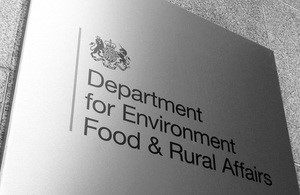
On the 18th February representatives of the NFU, CLA, TFA and CAAV met with Treasury and Defra Ministers to discuss the changes to Inheritance Tax reliefs announced in the Budget (see https://abcbooks.co.uk/budget-autumn-2024/). This is the first face-to-face meeting between farming interests and the Government on the matter. It seems fair to say it did not go well. George Dunn of the TFA described it as ‘one of the most unproductive meetings I’ve had in the 20 years, and that’s no exaggeration‘. Alternatives to the Government’s proposals were presented but the Treasury reportedly showed no interest in discussing them. The line taken was that all options had been explored before the Budget and the current plans were the best policy. It therefore seems that the Government is doubling-down on its plans. The farming sector is likely to continue to protest but it currently appears as if the changes in Agricultural Property Relief are likely to be introduced in April 2026. The advice is still to wait for draft legislation to be published (probably in the summer) before making any business changes as the devil is often in the detail. However, with no revision in the plans looking likely, landowners may wish to think a little harder about their sucession plans.
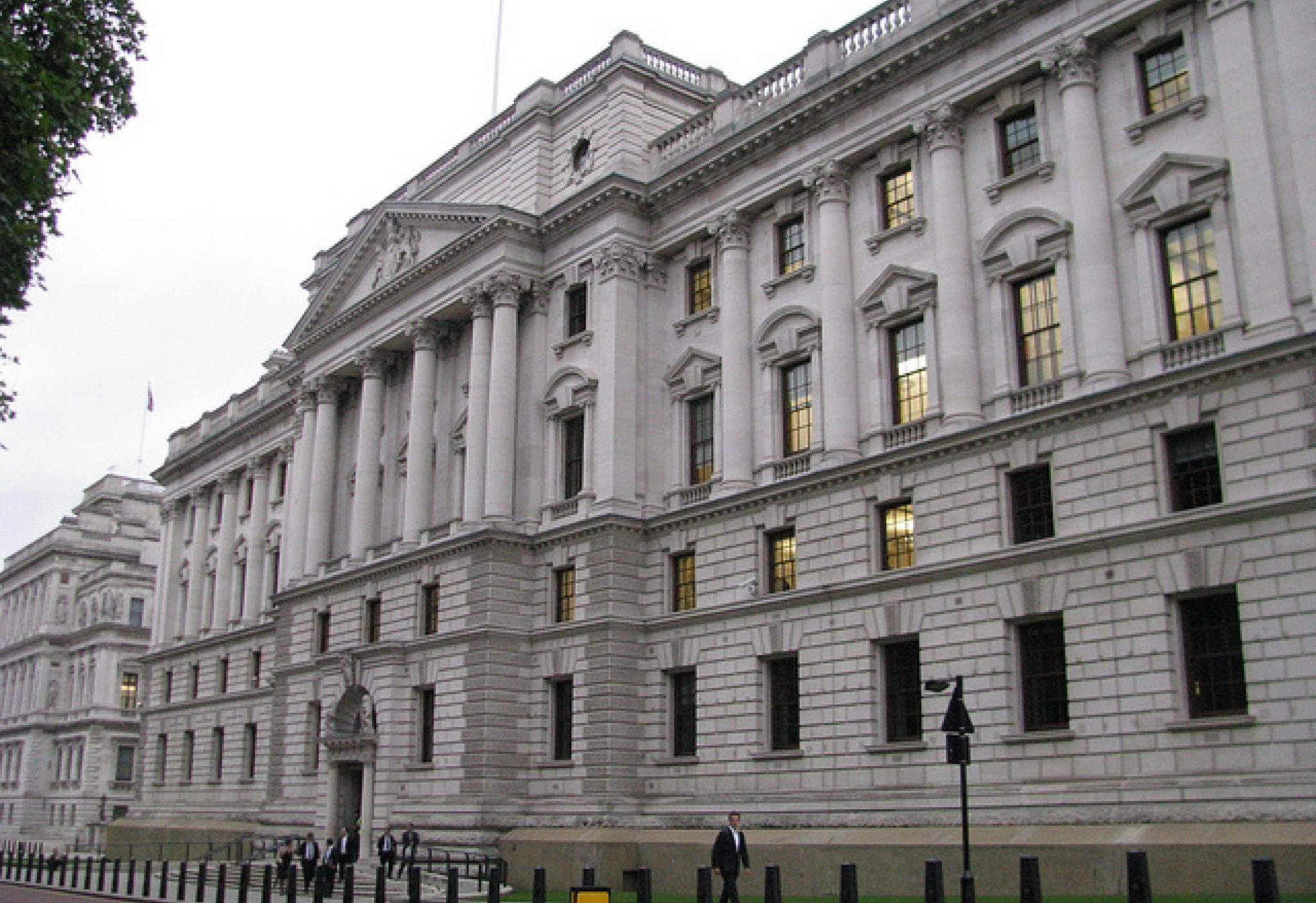
Readers may recall back in June 2023 Defra appointed 48 ‘Responsible Authorities’ (typically County Councils see https://www.gov.uk/government/publications/local-nature-recovery-strategies-areas-and-responsible-authorities), to lead the development of Local Nature Recovery Strategies (LNRSs) across England. The first LNRSs, in the West of England have been completed, but for the majority there is still time to get involved. Each Responsible Authority is working with Government agencies such as Natural England, the Environment Agency and the Forestry Commission. They are also engaging with local communities and farming groups, including the Country Land and Business Association (CLA) and the National Farmers Union (NFU), to develop their LNRSs.
Local Nature Recovery Strategies include a written document and a map designed to enhance biodiversity and restore nature at the local level in England. Each will identify existing important habitats and will set out local priorities for restoring nature together with proposals for actions on how to achieve this. LNRSs are part of the UK’s commitment to reversing biodiversity loss and are mandated by the Environment Act 2021.
Importantly, LNRSs will not require landowners to change how they use their land or restrict the use of it, but they should help identify which environmental land activities are most appropriate for their land and if there are opportunities for working with other land managers on a landscape-scale level. In future, LNRSs will help Government when considering applications for funding specific nature recovery activities, by acting as criteria in applications for some schemes. LNRSs will also guide and incentivise landowners to create or enhance habitats for biodiversity net gain (BNG). For more information go to https://www.gov.uk/government/publications/local-nature-recovery-strategies/local-nature-recovery-strategies
